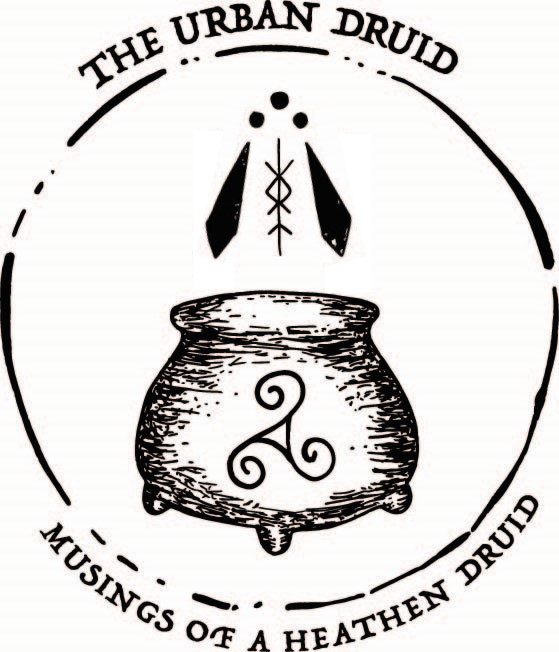The Prose Edda (WC 687)
For my hearth culture reading selection, I chose Everyman version of the “The Prose Edda” by Snorri Sturluson as translated by Anthony Faulkes. Knowing that the author was a Christian monk and how many view the book as being Christian influenced (such as Baldr being Christ-like) helped me keep my eyes open for potential story framing. Reading the Prose Edda with the commentary and analysis helped me better understand many of the myths I have been familiar with in my work with the Norse pantheon and the heathen group I work with.
Snorri’s interpretation of how Norse mythology came to be as described in the prologue, especially from a Christian perspective was almost humorous, but interesting in how he came to his conclusions. I found the Sibyl/Sif connection. In reading more of it, the familial connections between gods and Scandinavian kings was confusing, but would probably make more sense to me if I had read Snorri’s Heimskringla.
The Gylfaginning seems to be Snorri’s attempt of putting the Voluspa into prose as taken from the skaldic poetry of that time (as found in the Poetic Edda). While his other attempts at putting the skaldic poetry found in the Poetic Edda were more easily translated into a story format, I can see how he had to frame the Norse creation myth in an interaction between King Gylfi, Gangleri, and the three figures (seated on the thrones). As I stated about the prologue, he tried to shoehorn other established myths with his retelling of the Voluspa in this section and trying to give a quick encapsulation of Norse myth, to me, throws off the feel of the text. I’ve also heard this is Snorri’s attempt to create the idea of Ragnarok and pose Loki as the equivalent to Satan.
The way Snorri presents Loki comes across as a sociopath who only seems to do things either for his own amusement or upon threat of death. He doesn’t come across as the Norse equivalent to Satan, but closer to being the Adversary. Throughout the text, Loki does have trickster tendencies, but only ends up creating or bringing something positive to the gods through propitiation for screwing up somehow. Tricksters in other cultures tend to be world creator types whose egos get them into trouble; I don’t see Loki being like that at all in this text.
The Skaldskaparmal relays other parts of the Poetic Edda through Bragi telling the tales. I think this method works better than the Gylfaginning. Again, the attempts to connect the Norse myth to Greek myths feels very forced, but how he uses Bragi to explain and analyze poetic metaphor and kennings was fascinating to read. In heathen blóts (and somewhat in our ADF rituals), kennings are important in inviting the exact god, goddess, or beings you want to join the participants, and Snorri’s analysis here of the poetry as well as weaving some of the stories in is masterful. Having read the Prose Edda before the Poetic Edda, especially the Skaldskaparmal, will be helpful when I do dive into the poetry of that text. Also, before reading this text, I didn’t realize this is where Wagner got his source material for Der Ring des Nibelungen.
Between the Gylfaginning and the Skaldskaparmal, Snorri summed up the Norse myths as we know it about the Aesir, the Vanir, and their Jotun allies and enemies, while also touching upon heroes which was interesting, but not as useful to me helping with writing blóts or Norse-themed rituals.
The Hattatal follows the same insight into poetry, but takes the kennings and metaphors for words as found in the Skaldskaparmal and, between Faulkes’s analysis of Sturluson poetry, the text explains how skaldic poetry is created. I wish I had read this when I was studying creative writing in college. This section doesn’t really get into the myths as much as helps understand how the skalds conveyed meaning through verse and word.
Overall, glad I read this text and will be rereading and diving back into the Skaldskaparmal for Norse kennings and potential insight for adding metaphors and poetry to my ADF rituals.
Sturluson, Snorri. Edda: Translated by Anthony Faulkes, Everyman, 1987.

